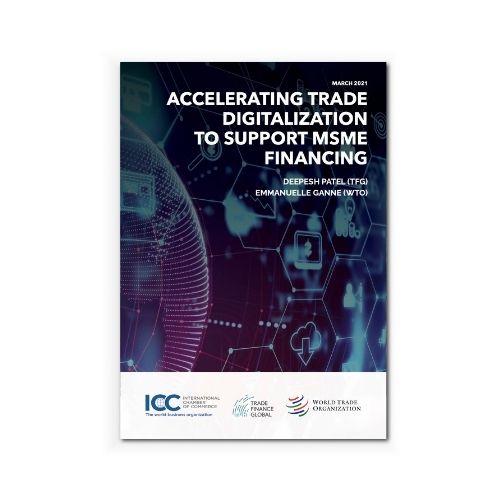Accelerating trade digitalization to support MSME financing

Micro, small and medium-sized enterprises (MSMEs) are the backbone of the economy, representing 95 per cent of all companies worldwide and accounting for 60 per cent of employment. They are fundamental to the day-to-day provision of goods and services around the world. Yet, many struggle to grow and trade. Among the many challenges that MSMEs face, lack of access to finance, including trade finance, is frequently identified as a critical barrier to growth. The MSME financing gap is a reality that cannot be ignored and that should be tackled with determination if we wish to ensure that small players are given a chance to thrive.
Digital technologies from cloud computing, to APIs, the internet of things, artificial intelligence and distributed ledger technologies open a range of new opportunities in this respect. New business models and new approaches to MSME financing are emerging. The technology is there, holding interesting promises. Yet, MSMEs continue to struggle to access financing, including trade finance, with ripple effects on their ability to grow and trade. How can we unleash the potential of these technologies?
The current pandemic, which has had a devastating impact on small businesses, has shown that going digital is no longer optional. It is necessary. But digitalization requires more than simply technology. It requires an enabling regulatory environment.
This publication explores how digital technologies can be leveraged to facilitate MSME financing. It provides examples of relevant use cases and discusses challenges faced by practitioners. While the potential of digital technologies to facilitate MSME financing is significant, this publication shows that a more holistic approach is needed to unleash the potential of these technologies to facilitate MSMEs’ access to finance, including trade finance. Coordinated action on issues ranging from standards, to how to leverage data and what type of data, digital identity, regulation and how to close the digital divide is needed. Policy-makers, technologists, practitioners, bankers, and all other stakeholders must work together to devise, agree, and then execute upon a roadmap that will catalyze action.
We need to think small and act big!